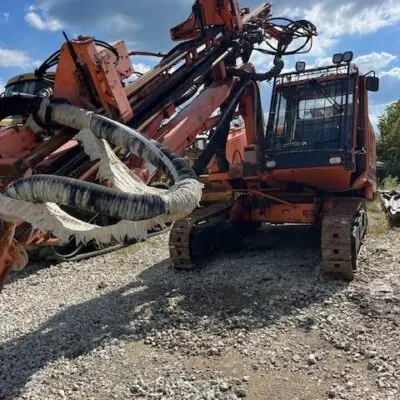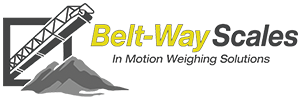If your quarry or mining operation relies on air power and precision, your compressor and drill system are at the heart of the workflow. When buying used equipment, it’s important to look past the paint and focus on performance. A well-maintained compressor or drill can last for years, but a neglected one can drain your time and money. Knowing what to check before you buy helps ensure you get dependable equipment that’s ready to work.

Look Closely at Wear Points
Used compressors and drill rigs often show their condition in small ways. Start by inspecting hoses, fittings, and couplings for leaks or cracks. Even minor air leaks can reduce pressure and efficiency. Check belts and pulleys for signs of uneven wear or misalignment. Listen for unusual sounds coming from the compressor such as whining or grinding, which could mean internal components are wearing out.
The seals and gaskets around the air end are also important. Oil spots or residue can signal failing seals that will need attention soon. On drill systems, test for excessive play in the rotation head or feed mechanism. These parts take a beating in the field and may need new bushings or bearings to perform at their best.
Check for Air Compression Efficiency
A compressor that doesn’t maintain consistent pressure wastes both fuel and productivity. Pay attention to how quickly the system builds pressure and whether it holds steady under load. Filters, valves, and separators all play a role in efficiency, so examine them closely. A filter caked with dirt or oil buildup can hint at poor maintenance.
Whenever possible, ask for service records. Regular oil changes, filter replacements, and inspections are signs the machine was cared for properly. If maintenance records aren’t available, consider having the unit pressure tested before committing to a purchase. That quick test can reveal a lot about its internal condition.
Match the Drill and Compressor to Your Material
Different materials require different levels of air power. Hard rock like granite or basalt demands high-pressure compressors and drills with heavy torque. Softer rock, such as limestone or shale, can often be handled with medium-duty equipment that uses less air and fuel.
Before you buy, make sure the compressor’s air output matches the drill’s requirements. If the compressor doesn’t deliver enough air, you’ll see slower drilling speeds and overheating. Too much air can be wasteful and drive-up fuel costs. The right balance keeps your operation efficient and extends the life of both machines.
Maintenance History Tells the Real Story
A used machine’s past can tell you almost everything you need to know about its future. Equipment that was part of a regular maintenance program usually performs better and has fewer surprises. Ask for oil analysis reports, service logs, or pressure test results. These records prove that the previous owner took care of the machine and that it’s still capable of performing under pressure.
Why Buy from a Trusted Source
When you invest in used aggregate or mining equipment, the quality of your supplier matters. At Rackers Equipment Company, we take pride in inspecting every compressor and drill system we sell. With more than three generations of experience, our team knows how to spot the difference between a reliable unit and one that could cause headaches later.
Whether you need a tough air compressor, a dependable drill, or a complete system for your quarry, we can help you find the right equipment for your material and your budget. Contact Rackers Equipment Company today at 573-635-8700 to see our current inventory of new and used compressor and drill systems built to perform in demanding conditions.
















